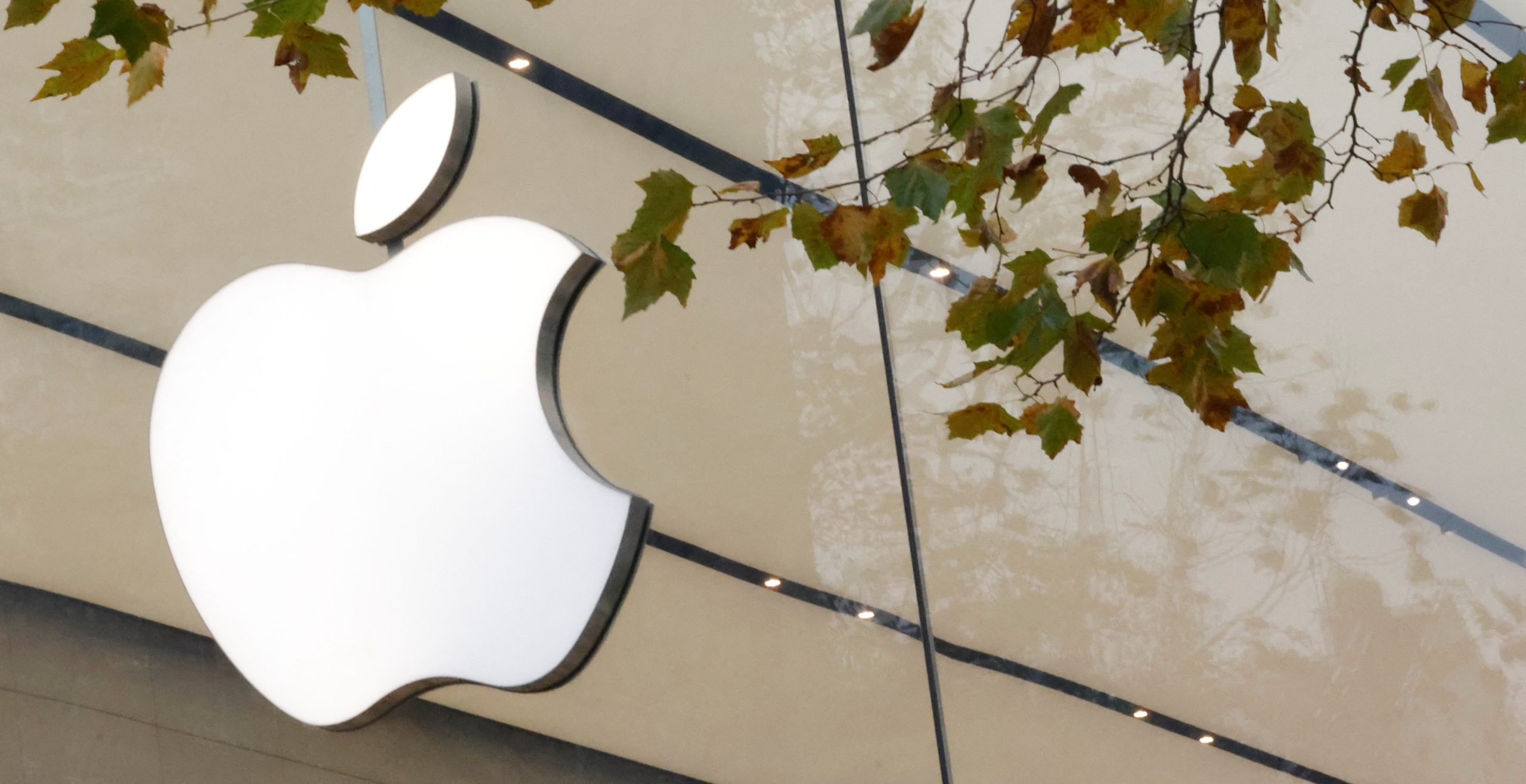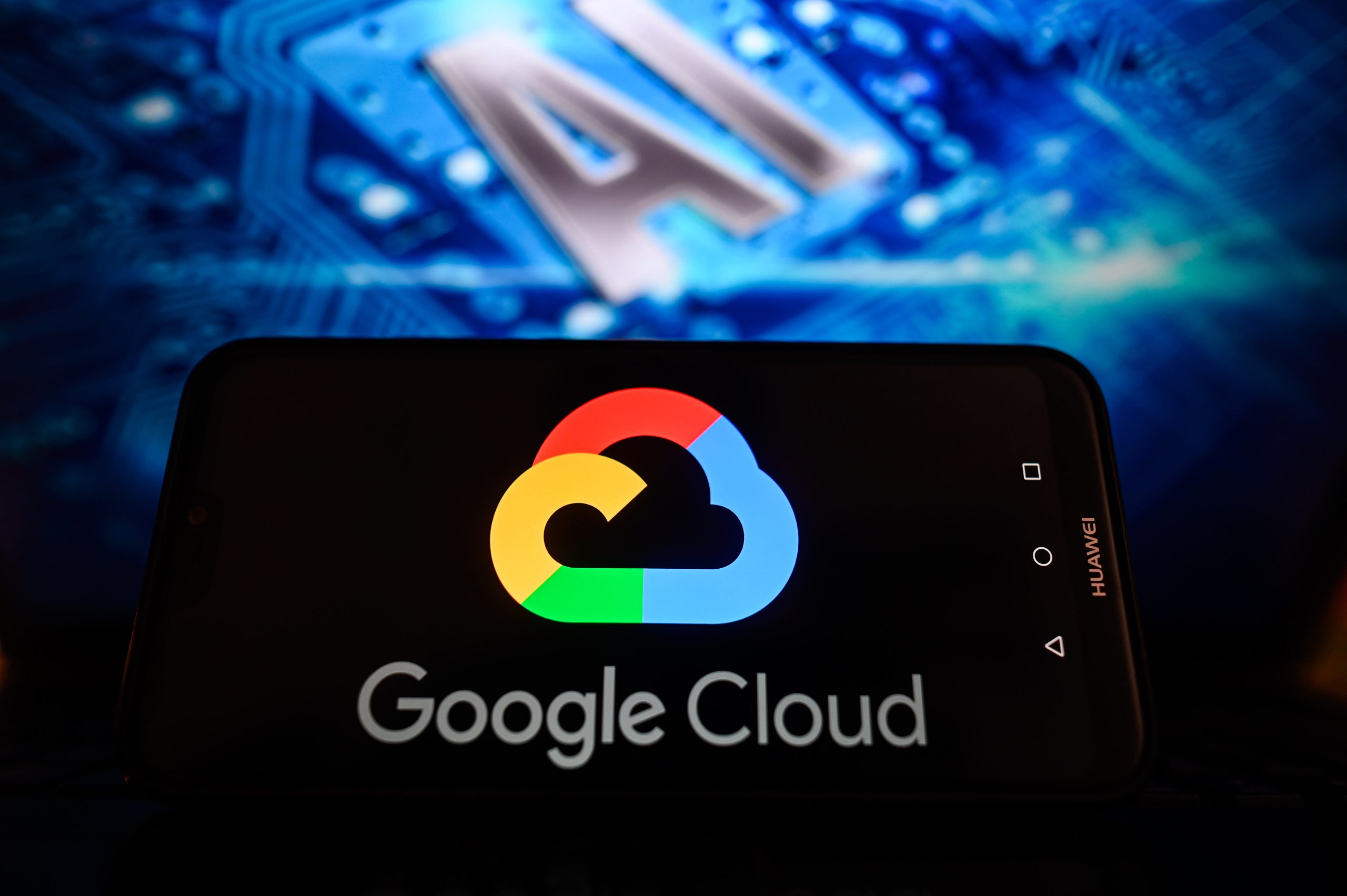
The U.S. Department of Justice (DOJ) has taken legal action against Apple, accusing the tech giant of engaging in monopolistic practices that prioritize its financial gains over genuine privacy and security concerns. In a scathing complaint, the DOJ contends that Apple manipulates its privacy and security justifications as a flexible shield to serve its own business interests.
One striking statement from the DOJ characterizes Apple’s privacy and security posture as an “elastic shield,” implying that the company selectively adjusts its privacy policies to maximize profits. According to the complaint, Apple strategically utilizes privacy and security narratives as a marketing tool, portraying itself as the sole guardian of consumers’ privacy and security interests.
The DOJ highlights several instances where Apple’s purported commitment to privacy and security allegedly serves to undermine competition and degrade customer experience. Key areas of concern include:
App Store and App Distribution: The complaint accuses Apple of restricting alternative app stores while permitting certain exceptions for governments and enterprise customers. Additionally, the DOJ criticizes Apple’s limitations on creating separate app stores for children and argues against the company’s restrictions on “super apps.”
Messaging: Apple is accused of limiting third-party apps’ access to carrier-based messages (SMS) and maintaining a closed ecosystem that hinders interoperability with other messaging platforms.
Data Sharing Practices: The DOJ alleges that Apple leverages vast amounts of personal data to maintain control over its App Store and engages in data-sharing practices for advertising purposes. Moreover, the complaint questions Apple’s partnerships with Google, suggesting that the company prioritizes financial gains over privacy considerations.
In response to the DOJ’s accusations, Apple vehemently defends its privacy and security features, asserting that its products are designed to prioritize user protection and create seamless, integrated experiences. The company dismisses the lawsuit as a threat to its innovative capabilities and warns against government intervention in technology design.
However, the DOJ remains steadfast in its assertion that Apple’s privacy and security claims are pretextual, aiming to expose what it perceives as the company’s ulterior motives behind its privacy-centric branding.
As the legal battle unfolds, the outcome of this case could have far-reaching implications for Apple’s business practices and the broader landscape of tech regulation, underscoring the ongoing tension between privacy advocacy and antitrust enforcement in the digital age.
#DOJ #Apple #Privacy #Security #Monopoly #Antitrust #TechRegulation #LegalAction #TechIndustry #ConsumerProtection #Competition #DataPrivacy #BusinessPractices
For more insights and updates, visit our KI Design blog here.
Stay connected with us on Twitter for the latest news and discussion





